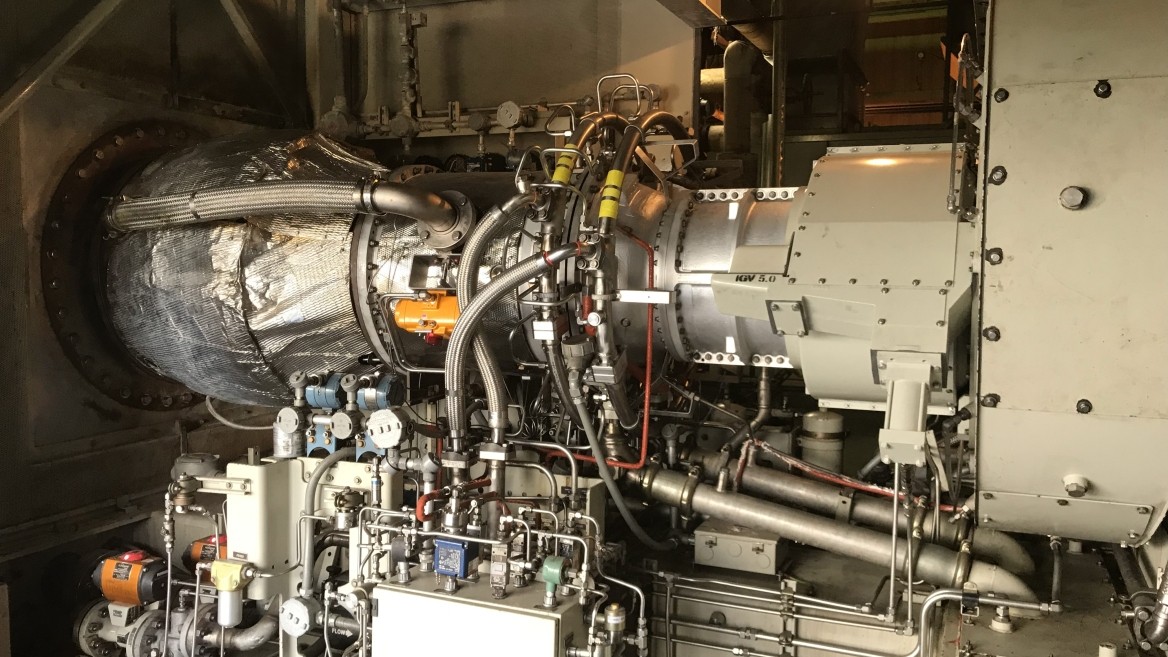Cogeneration Feasibility Study for the Renewable Energy Program

Greeley and Hansen, A TYLin Company, provided a feasibility study for the replacement of Middlesex County Utility Authority’s Cogeneration Facility located at the Central Wastewater Treatment Plant.
The existing Cogeneration Facility utilizes approximately 4,500 scfm of Landfill Gas (LFG) to fuel a combined cycle consisting of two gas turbines, with heat recovery steam generators (HRSG) that use turbines exhaust to produce steam for a steam turbine. The total installed generation output is 20.2 MW. The electricity generated from the gas and steam cogeneration cycle has been used beneficially on site at the Central Treatment Plant. With the existing Cogeneration Facility approaching the end of its useful service life, and in accordance with the County’s “Destination 2040” sustainability plan, MCUA required a holistic feasibility study to further develop a clean energy source while limiting waste.
The energy analysis included the evaluation of all current and future energy sources. To understand what the supply of landfill gas would be in the future, Greeley and Hansen reviewed the LFG recovery data and gas sampling reports to establish a baseline and future projections. MCUA also identified production of Biogas at the Central Treatment Plant as a potential second source of fuel for their Cogeneration Facility. The project team assessed the impact that diversion of organic materials for use in Biogas production would have on future LFG recovery to provide MCUA with an accurate projection.
In addition, Greeley and Hansen provided a technology evaluation of three combined heat and power (CHP) technologies: reciprocating engines, gas turbines, and a gas/steam turbine combined cycle. The equipment was sized with the intent of utilizing all the gas available to MCUA, with the goal of eliminating excess landfill gas flare. The size of the new facility is being estimated based on projected power needs, estimated power generation, and consumption of power from the utilities. The equipment was evaluated based on total life cycle cost, expandability for future increases in demand, ease of maintenance, air permitting requirements, and supplier and service availability. For each of the three technologies, Greeley and Hansen evaluated the gas treatment requirements to ensure that the generation equipment could run optimally over time considering the quality of LFG recovered by MCUA. The project team also evaluated recovery of waste heat and potential use of leftover medium/low pressure steam for other processes throughout the plant.
Project Highlights:
-
The team performed a holistic feasibility study of cogeneration.
-
We evaluated all current and future energy sources, as well as combined heat and power.
-
Through this project we fostered relationships between private business and public utilities for potential Operation and Maintenance partnerships.